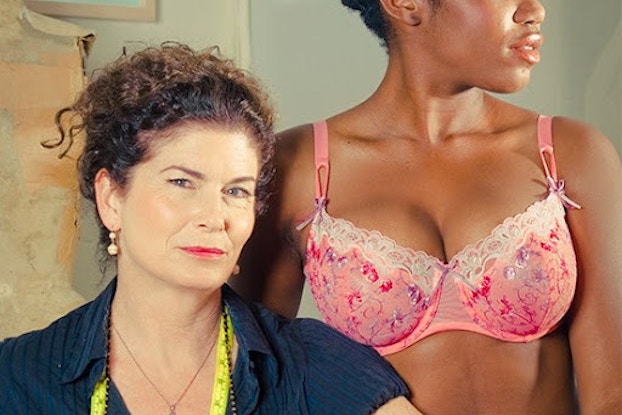
Since 2009, Jenette Goldstein, founder and CEO of Jenette Bras, has been providing full-busted women with an informative and personalized experience to find the correct-fitting bra, catering specifically to D cups and above.
As COVID-19 shutdowns caused many businesses to offer their services virtually, Goldstein was quick to adjust her own business to the changing landscape. However, she and her team had to start from scratch when they transitioned their fully in-person model to a virtual one.
The biggest lesson Goldstein took away from this experience? Entrepreneurs need to fill in their knowledge gaps to succeed.
“Take the time to figure out what you don’t know and systematically fill those gaps, either by learning it yourself, hiring out or delegating to someone who does,” she told CO—.
Maintaining personal connections
One of the most important things for Goldstein was maintaining interpersonal connections with clients in the virtual realm. Being able to talk with knowledgeable staff and see the difference a good bra can make in a customer's life is crucial to their buying experience.
“Our product is in-person fitting — with all the touch and feel that goes along with it — and meeting in person was now indefinitely foreclosed,” said Goldstein. “As bra-fitters, our underlying message to our clients is always, ‘Accept reality (and still be happy).’ We had to take our own advice, while keeping as close to our ethos as possible.”
[Read more: 4 Smart Ways to Pivot Your Business Model]
As bra-fitters, our underlying message to our clients is always, ‘Accept reality (and still be happy).’ We had to take our own advice, while keeping as close to our ethos as possible.Jenette Goldstein, founder and CEO, Jenette Bras
Keeping true to your principles creates loyal customers
To continue providing the intimate and quality experience it's known for, Jenette Bras shifted to a virtual one-on-one, appointment-based model.
“We didn’t pretend it was magic — we made it clear that this was make-do,” Goldstein explained. “Fitting like this was twice the labor with half the return, but we remained there for our clients, and even pulled in some new ones from outside our geographic areas.”
Now that COVID restrictions are easing up, Jenette Bras is moving back toward an in-store business model, while implementing new tools to meet clients who can’t physically come into the store. This allows the business to attract customers it wouldn’t normally be able to connect with, broadening its reach and opening up new opportunities.
“It’s also a channel to develop clients from other regions who might someday visit in person when they are in the area,” she added.
As Jenette Bras returns to its in-person business model, Goldstein anticipates a strong summer season will help her business fully recover from 2020 losses.
“We intend to stabilize our debt, rebuild our depleted workforce, upgrade our operations capacity and prepare for the opening of more stores in 2022,” she said.
CO— aims to bring you inspiration from leading respected experts. However, before making any business decision, you should consult a professional who can advise you based on your individual situation.
Follow us on Instagram for more expert tips & business owners’ stories.
CO—is committed to helping you start, run and grow your small business. Learn more about the benefits of small business membership in the U.S. Chamber of Commerce, here.

What can membership do for your business?
Gain tools to stay informed, competitive, and connected by becoming a U.S. Chamber of Commerce member. Membership gives you direct access to expert policy insights, economic updates, and exclusive resources designed to help your business thrive. From behind-the-scenes analysis from D.C. to exclusive discounts and expert support, U.S. Chamber membership helps you navigate change and seize new opportunities.







